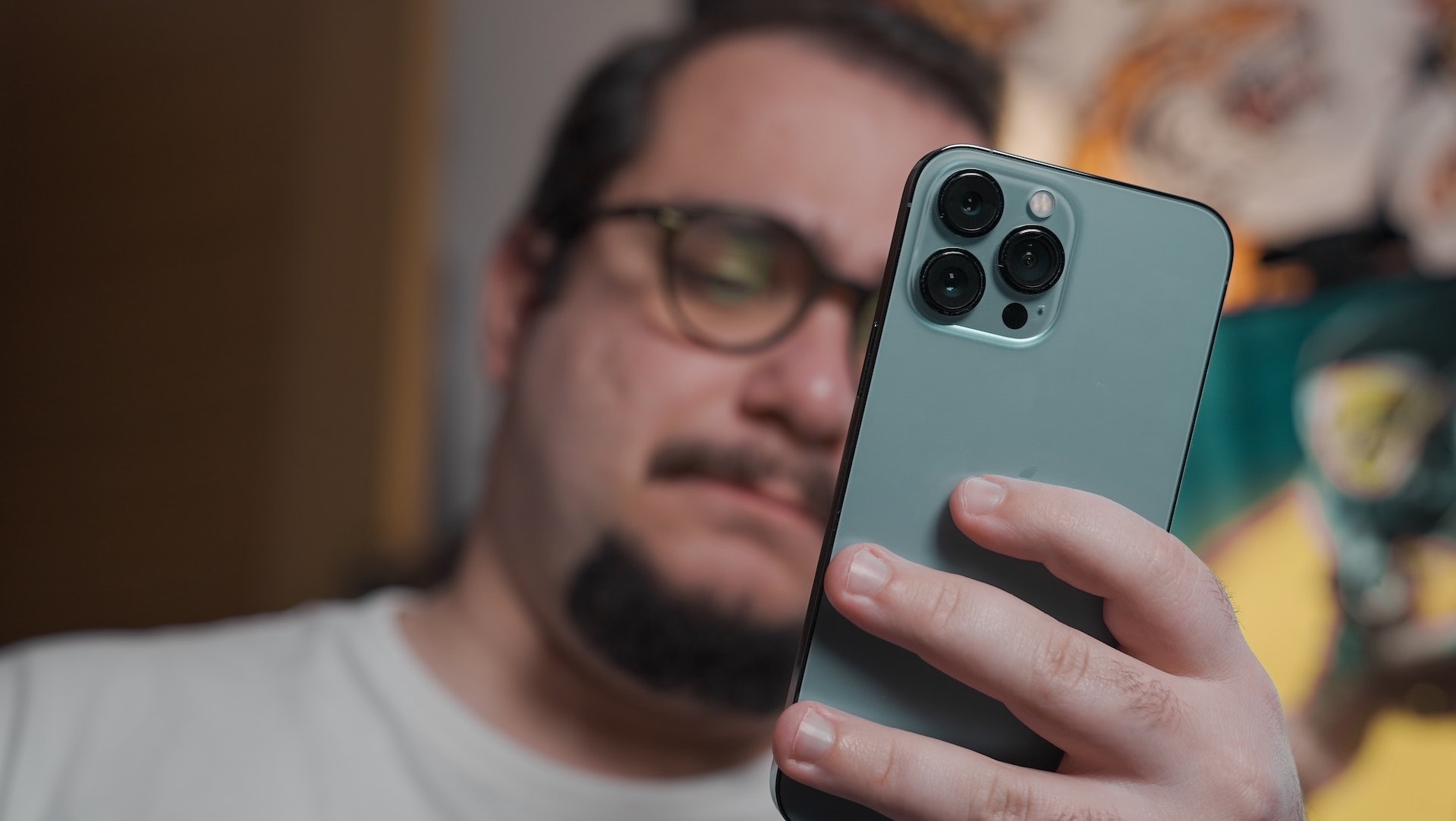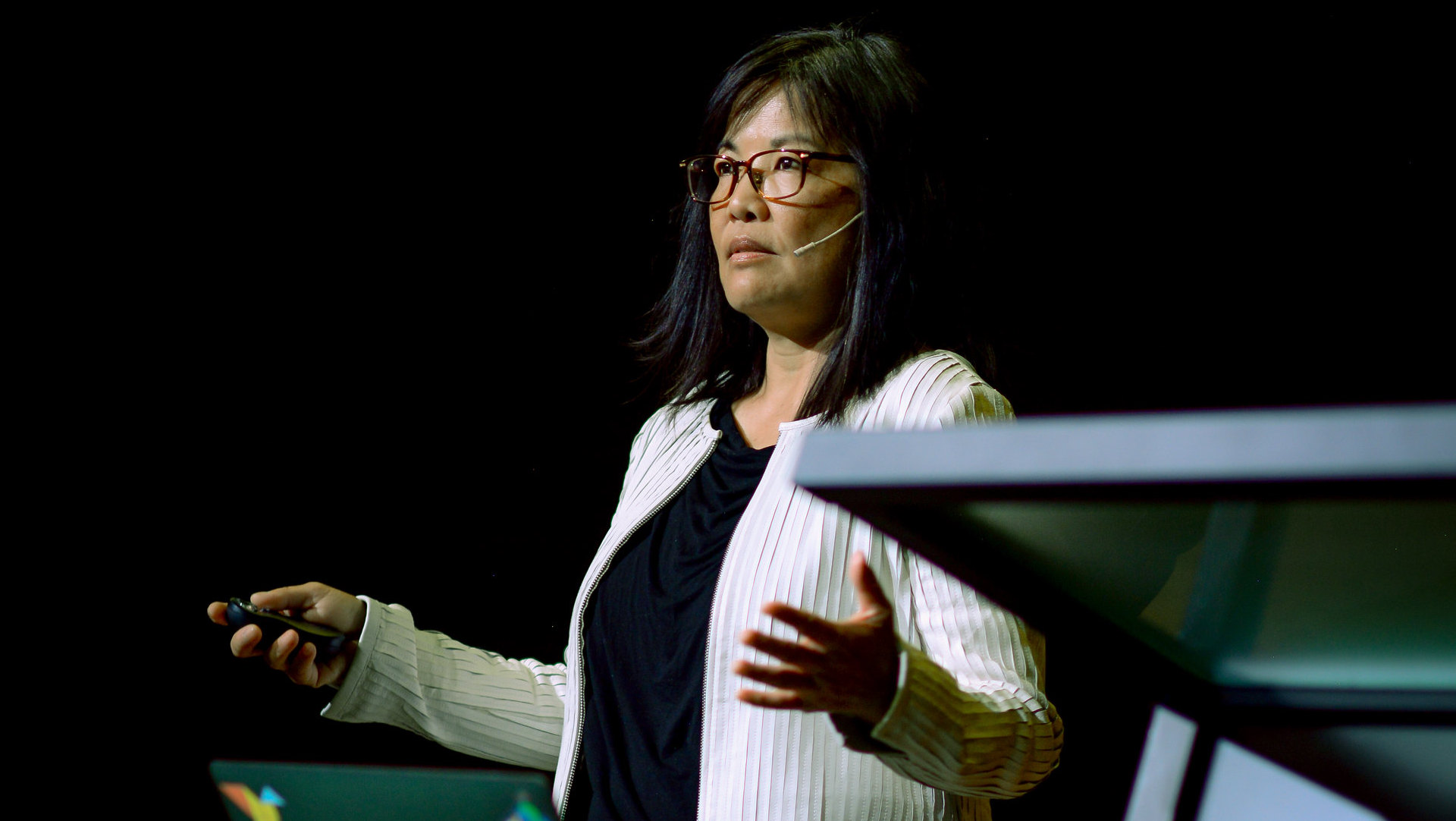Feel like you can’t go long without checking your smartphone? You’re not alone.
According to Statistics Canada, more than 88 per cent of Canadians have a smartphone. Of those, more than 45 per cent check it at least every 30 minutes. And more than half of Canadians report that it’s the last thing they check before going to sleep.
It’s no surprise then that the design of some apps has even led to new terms, like “doomscrolling,” where someone becomes obsessed with scrolling on social media sites such as Twitter, or Facebook and feels overwhelmed with the news.
The well-meaning advice that often comes with habits like that is for people to limit their screen time. But there’s a growing body of research that suggests avoiding technology may come with its own set of problems, said Corina Sas, a professor in human-computer interaction and digital health, and assistant dean for research enhancement with the Faculty of Science and Technology at Lancaster University in the UK. Instead of avoiding screen time, we should focus on mindfully using technology, she said.
“This can really mark a shift from addressing a problematic behaviour by explicitly limiting it, to supporting more meaningful smartphone use,” said Sas. “Moving away from avoidance is surely a better way to address the root of this problematic behaviour of over engaging with smartphones.”
At a recent uxWaterloo, Sas, who researches technologies for wellbeing and health, talked about designing for digital well-being and went through six design guidelines for designers working on well-being apps.
A key part of better design for digital wellbeing is to support a user in focusing their attention towards meaningful pursuits, said Sas, “not just away from mindless, compulsive use of a phone.”
In a paper published this year, Sas and another researcher looked at 39 commercial well-being apps on Google Play. They found that more than 70 per cent of well-being apps either tracked how much a person used an app or a smartphone. Apps that didn’t track a person’s usage, focused instead on tracking their offline activities.
They concluded that digital well-being apps should move beyond limiting screen time, and focus on supporting meaningful use of an app or device rather than meaningless use. To support that conclusion, Sas and the other researcher developed six design guidelines for designing well-being apps, such as designing friction into the experience so people have to use the app or device more intentionally, and supporting the ethical design of well-being apps by grounding them in better scientific and evidence-based research.
Sas said using commercial apps for their research forced the team to explore more carefully the range of obstacles that might limit use.
“There is a growing body of work really trying to understand the mechanics of limiting use a little bit more in depth. Most of the work is focusing on limiting use and we found this problematic,” she said. Research could support designers to develop more mindful use of technologies, Sas added.
It’s not the first time Sas has published research on the topic. She’s published more than 200 papers on technology, well being, and mental health.
Sas also helped research and develop the Technology Acceptance toolkit aimed at designers working on health and well-being apps so that they can better understand how users accept such technology. The toolkit also offers scenarios and questions designers can reflect on as they design.
“We design for an experience here and now, or maybe in a very immediate future. We don't necessarily think about the longer trajectory, how people choose the tech, engage with it in the first week, and then engage with it longer term,” said Sas.
But how people choose and engage with those apps — what Sas calls “acceptance factors” — come into play, which is why it’s important to raise a designer’s awareness of what those factors might be.
uxWaterloo is the local chapter of the Interaction Design Association and part of Communitech’s peer to peer groups. The next uxWaterloo meetup happens June 16, where Brian and Michael Doucet will talk about how streetcars offer insight into Toronto’s urban transformation.
Missed a uxWaterloo meetup? Read all of our uxWaterloo recaps.





